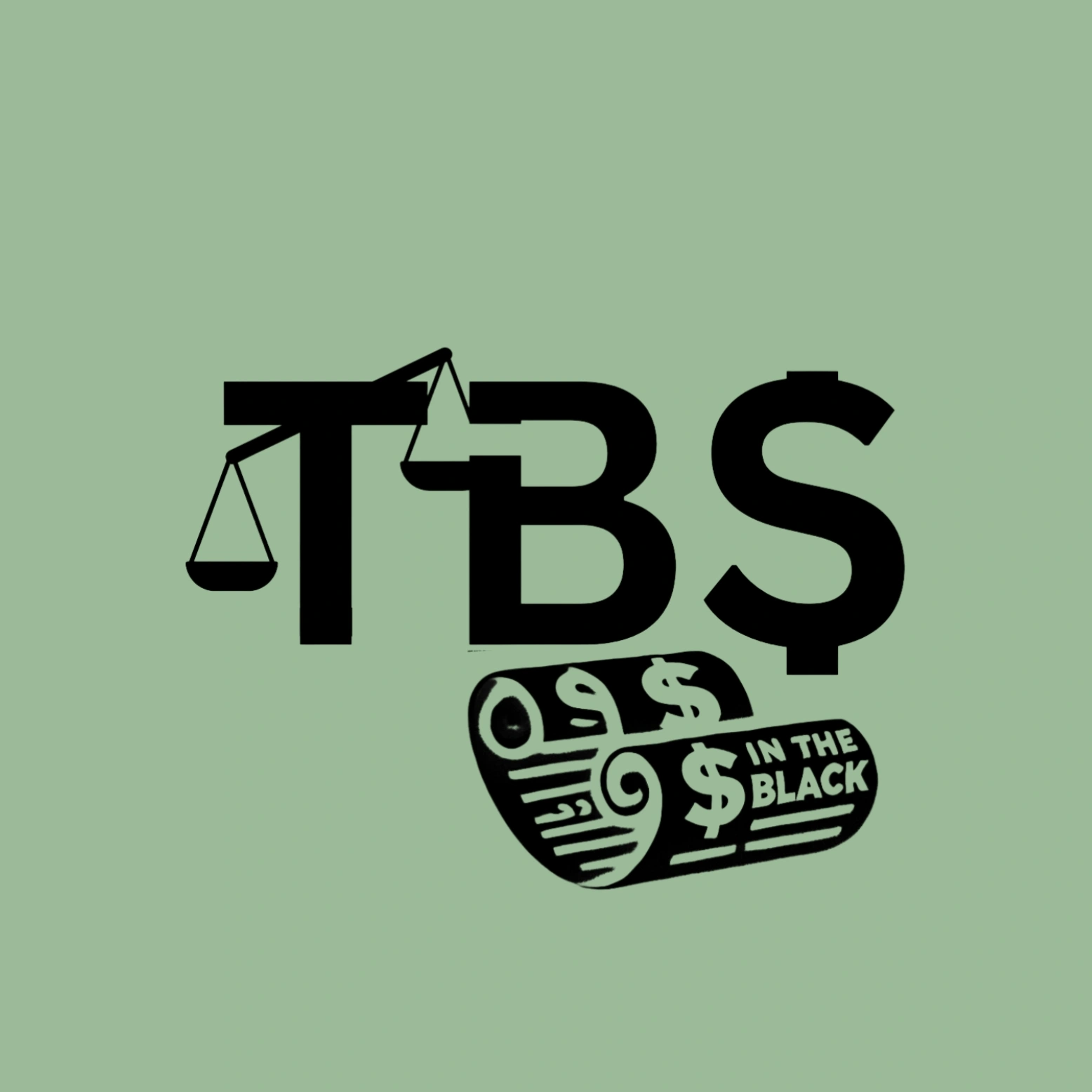The Challenges Facing Black-Owned Businesses: Tariffs, DEI Rollbacks, and Financial Vulnerability
- Kino Smith

- Nov 29, 2024
- 4 min read
Updated: Dec 8, 2024
Black-owned businesses in America are navigating a convergence of challenges that threaten their survival and the economic vitality of their communities.
The imposition of tariffs on imports, the rapid advancement of automation, and the rollback of diversity, equity, and inclusion (DEI) initiatives have created a precarious environment.
Combined with the enduring impacts of the COVID-19 pandemic, these factors could precipitate a crisis for Black entrepreneurs, whose businesses are essential to fostering economic equity and community resilience.
Below, we examine these interconnected threats and their broader implications.

Structural Challenges: Non-Employer Firms
The majority of Black-owned businesses operate as non-employer firms, meaning they have no paid employees. In 2019, only 4.1% of Black-owned businesses employed staff, compared to 19% of white-owned businesses (Brookings Institution).
This structural limitation hinders their ability to create jobs in their communities, a critical function in light of recent reductions in DEI commitments by corporations. According to The Wall Street Journal, more than 40% of DEI programs were deactivated in 2023, with another 27% eliminating race as a factor in decision-making.
Fewer jobs in Black communities exacerbate unemployment and weaken economic growth, particularly as layoffs are anticipated due to rising operational costs driven by tariffs. This inability to hire not only stifles community development but also diminishes social stability.
Financial Vulnerability and Barriers to Capital
Black-owned businesses often operate with precarious financial buffers. According to the Kauffman Foundation, only 16% of their financing needs are met, compared to nearly 48% for white-owned businesses. During the COVID-19 pandemic, nearly half of Black-owned businesses were forced to close due to insufficient cash reserves and limited access to capital.
The JPMorgan Chase Institute reports that the median Black-owned business has only 9–12 days of cash reserves, compared to 17–21 days for white-owned firms. These limited reserves leave Black entrepreneurs disproportionately vulnerable to economic disruptions, particularly those caused by rising costs from tariffs.
The National Bureau of Economic Research (NBER) further highlights systemic disparities in lending. Black entrepreneurs face higher denial rates and elevated interest rates due to perceived risk, perpetuating cycles of underinvestment and financial strain.
Tariffs: A Heavy Burden
Tariffs on imports significantly increase operational costs for businesses reliant on foreign goods. Historically, higher tariffs on Chinese imports have raised costs for U.S. companies by up to 20% (Business Journalism). For Black-owned businesses, which often operate on thin margins, absorbing these additional expenses is nearly impossible.
The ripple effects are profound. Tariffs strain supply chains, delay shipments, and inflate the price of essential goods. Many businesses are left with two unappealing options: raise prices, risking customer loss, or cut costs, often by reducing staff.
Technological Lag and the Need for Innovation
While automation and AI offer opportunities for growth, Black-owned businesses lag significantly in tech adoption due to underfunding. The average Black entrepreneur starts with $35,000 in capital, compared to $107,000 for white entrepreneurs (McKinsey & Company).
Without the resources to invest in technological upgrades, many Black businesses struggle to remain competitive in a market increasingly driven by innovation. Customers expect efficiency and innovation, and businesses unable to meet these expectations risk losing loyalty and revenue.
Labor Market Constraints
Proposed immigration policies targeting undocumented workers exacerbate challenges for Black businesses. Many rely on affordable immigrant labor to control costs in industries like construction, hospitality, and agriculture. Deportations would heighten labor shortages, forcing businesses to scale back operations or absorb higher labor costs, further straining cash reserves.
Access to Capital and Lending Practices
Access to capital is a persistent obstacle for Black-owned businesses. The National Bureau of Economic Research (NBER) highlights that Black entrepreneurs face higher denial rates and interest rates on loans due to perceived risk (NBER). This limited access to financing leads to slower growth and reduced resilience during economic downturns.
Rising operational costs from tariffs, combined with falling revenues due to decreased consumer spending, will exacerbate loan repayment challenges. Banks, already cautious about lending to Black businesses, are likely to tighten credit further, creating a self-perpetuating cycle of underinvestment.
Sector-Specific Impacts
Trucking Industry: Black-owned trucking companies are particularly vulnerable to rising fuel costs, which account for nearly 25% of operational expenses. Tariffs on imported parts and reduced shipping demand due to declining consumer spending add further strain (American Transportation Research Institute).
Agriculture: Black farmers, representing less than 2% of U.S. farmers, face unique challenges. Tariffs affecting agricultural products often result in price declines, increased inventories, and revenue losses (Bureau of Labor Statistics).
Marketing and Consulting: Economic downturns typically lead businesses to cut discretionary spending. Black-owned marketing and consulting firms, which rely heavily on contracts from other small businesses, are likely to experience sharp declines in demand.
Interconnected Threats
The challenges facing Black-owned businesses are deeply interconnected. Trucking companies depend on agricultural shipments, marketers and consultants rely on healthy businesses for contracts, and the rollback of DEI initiatives reduces opportunities across all sectors. Together, these pressures amplify financial vulnerabilities and create systemic risks for Black entrepreneurs.
The Way Forward
The convergence of tariffs, automation, DEI rollbacks, and financial inequities demands urgent intervention. Policymakers must address systemic barriers through targeted grants for technology adoption, equitable access to loans, and the preservation of DEI initiatives.
Corporations and consumers also have critical roles to play. Reinvesting in Black-owned businesses and supporting policies that promote economic equity are essential to preserving the social and cultural fabric of America.
Supporting Black entrepreneurs isn’t just an act of equity—it’s an investment in the resilience and vitality of the nation’s economy.
_edited.png)



Comments